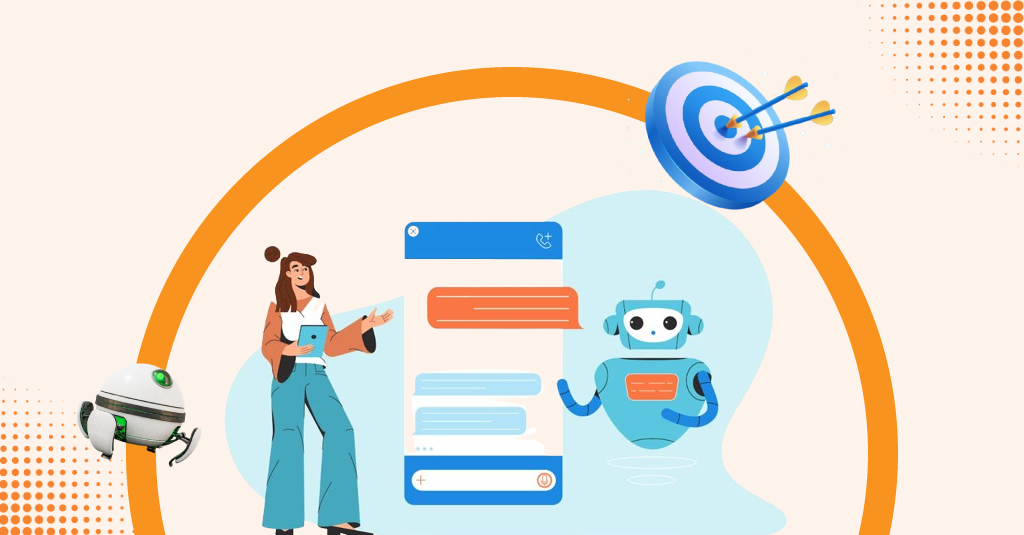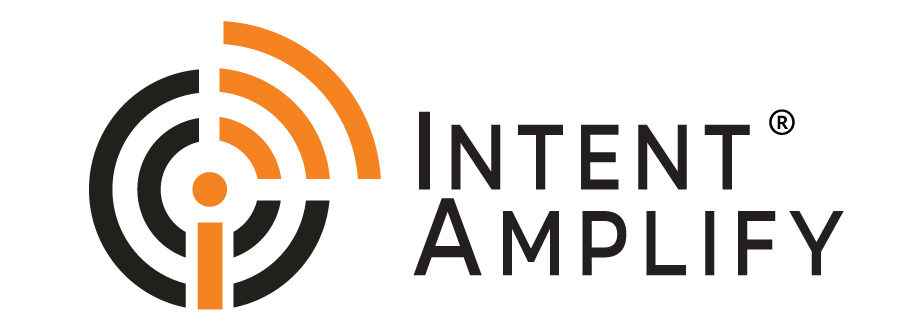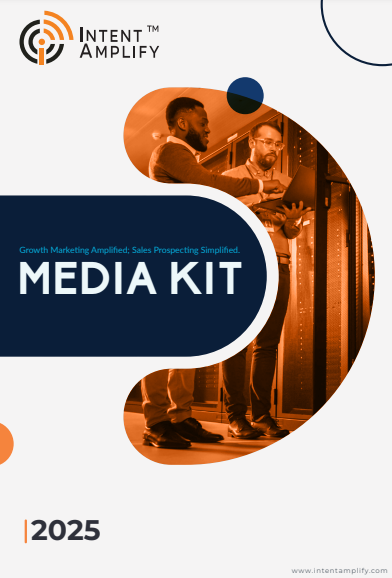
How Conversational Marketing Helps B2B Convert Leads with Chatbots
Conversational Marketing in B2B helps in converting leads with Chatbots.
B2B buyers hate the waiting game. They do not wish to wait for follow-ups or demo links. Not even for answers they could’ve gotten three clicks ago. Today, speed, relevance, and personalization are the real differentiators.
That’s where conversational marketing steps in, and chatbots are at the heart of it.
Let’s go step-by-step to understand how B2B companies are utilizing this strategy to accelerate leads through the funnel.
What Is Conversational Marketing?
Conversational marketing is exactly what it sounds like, using real-time, two-way conversations to engage and convert prospects. It replaces static forms and slow email chains with intelligent dialogues that feel natural and personalized.
It’s not about bombarding users with scripted questions. It’s about creating a flow that adapts to where they are in the buying process.
And when done right, it shortens the sales cycle significantly.
Why Chatbots Are Essential to Conversational Marketing
Chatbots are often the first point of contact on your website. They don’t sleep. They don’t forward leads into a black hole. And they never get tired of answering the same question 500 times.
Here’s why B2B marketers rely on them:
- They’re always on. Nights, weekends, holidays, and chatbots are ready.
- They qualify leads in real time. No more waiting to score leads post-download.
- They route instantly. The right buyer gets to the right rep at the right-time.
- They scale. Chatbots handle thousands of chats simultaneously. Humans can’t.
This isn’t just automation for the sake of it. It’s a strategic way to meet buyers where they are and guide them forward with intent.
Real-Time Engagement = Faster Conversions
Most B2B websites are passive. They expect users to figure things out on their own. Conversational marketing flips that.
Imagine a CMO visits your site and starts looking at your pricing page. A chatbot pops up:
“Hi there! Curious how our platform supports marketing teams like yours? Want a quick walkthrough?”
That’s not just helpful. It’s timely and contextual. And it’s far more likely to lead to a conversion than a generic “Contact Us” button.
Personalization Without the Overkill
Yes, chatbots can greet people by name if they’ve visited before. But the real value lies in relevance.
Conversational marketing allows bots to customize questions, offers, and even CTAs based on:
- Company size
- Industry
- Pages visited
- Referral source
- Time on site
A visitor coming from a LinkedIn ad about a new product feature shouldn’t get the same message as someone on your careers page. Chatbots know the difference and act on it.
The Lead Handoff: From Bot to Human
Not every conversation can or should stay with a bot. At some point, high-intent leads need a human touch. Conversational marketing makes this handoff seamless.
Bots can detect buying signals and route leads to the right rep, instantly.
Example:
“Looks like you’re interested in an enterprise solution. Want to chat with Alex from our sales team now?”
[Yes, connect me] [Maybe later]
This avoids the dreaded delay between form submission and first contact; a gap where many deals go cold.
Smarter Data, Smarter Conversations
Chatbots don’t just talk. They learn. Over time, they gather data that helps optimize every touchpoint:
- Which CTAs drive the most replies
- Where prospects drop off in conversations
- What objections are raised most often
- Which segments convert best from which flows
This insight feeds back into your campaigns, improving targeting, messaging, and timing across the board.
The Tech Stack That Powers It All
Conversational marketing is more than just a chatbot. It’s an ecosystem. Tools like Drift, Intercom, and Qualified don’t just enable chat. They connect with your CRM, marketing automation platform, and analytics stack.
This integration is what makes personalization and routing truly effective.
With AI enhancements, bots can now handle more nuanced conversations, identify sentiment, and improve based on real-time feedback.
Is It Working? Here’s What B2B Teams Are Seeing
Results vary, but the trend is clear. B2B marketers using conversational marketing and chatbots report:
- 15–30% increase in lead conversions
- Up to 50% reduction in response time
- Significant uplift in demo bookings
- Faster MQL-to-SQL transitions
And beyond the metrics, there’s a shift in how prospects experience your brand less friction, more flow.
Final Thoughts: It’s Not Just a Bot. It’s a Strategy.
Chatbots in B2B marketing are no longer optional. They’re a key part of how high-performing teams engage and convert today’s buyers.
Conversational marketing isn’t about replacing people. It’s about augmenting your team’s reach, personalizing the journey, and keeping buyers moving forward.
If your marketing strategy still treats your website like a brochure, it’s time to evolve. Your buyers already have.
FAQs
1. How do humans and chatbots collaborate in a conversational marketing approach?
Chatbots qualify and route leads, answer repetitive queries, and mark high-intent signals. Human reps intervene when nuanced conversations or negotiations are required, making the handoff seamless and timely.
2. Is conversational marketing right for every B2B business?
Yes, particularly for firms with long sales cycles, expensive products, or multiple personalities. It is most effective when part of a larger marketing and sales strategy for buyer intent and real-time engagement.
3. Can chatbots manage sophisticated B2B dialogue?
Today’s AI chatbots can manage sophisticated conversations, detect buying intent, and even pass it to a human rep when needed. They’re programmed with industry-specific jargon and steer conversations with intelligence.
4. What is conversational marketing in B2B, anyway?
Conversational marketing in B2B is a tactic that employs real-time, two-way communication largely in the form of chatbots, to interact with website visitors, respond to questions, qualify leads, and push them to the next best step in their buying process.
5. What platforms enable conversational marketing in B2B?
Popular solutions such as Drift, Intercom, Qualified, and HubSpot Conversations provide powerful capabilities that integrate with CRMs, marketing automation, and analytics tools in order to provide personalized, frictionless experiences.
Let’s connect, optimize your strategy, and drive real results, because in today’s market, speed, personalization, and precision aren’t nice to have, they’re necessary.
Contact Us for Sales




